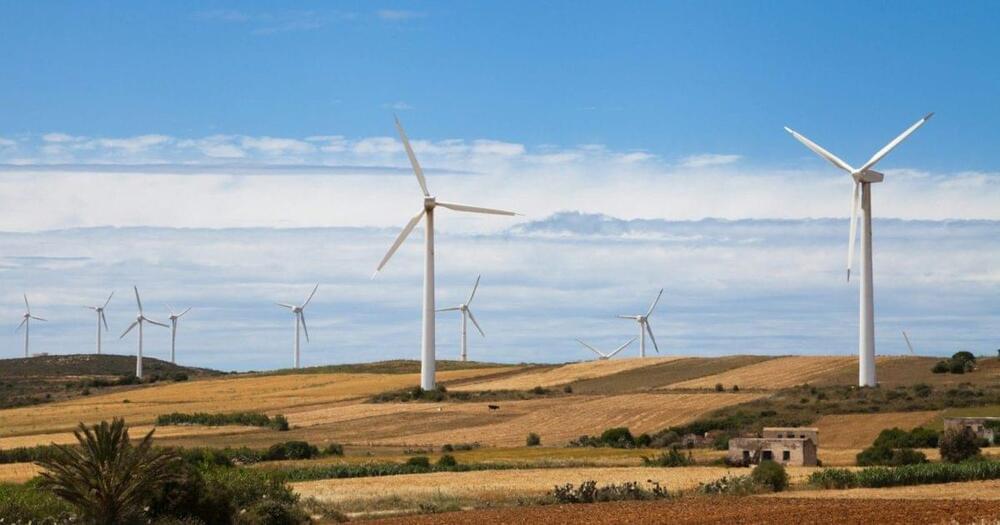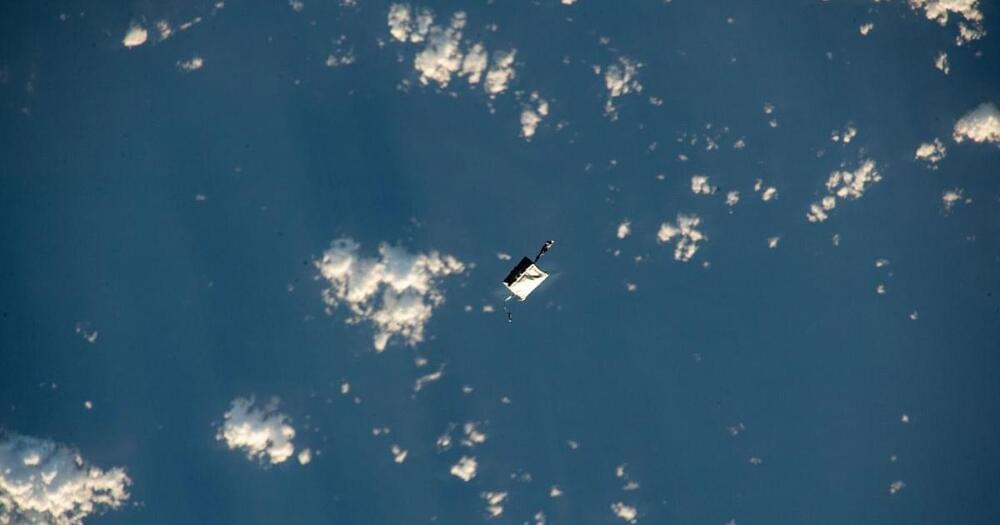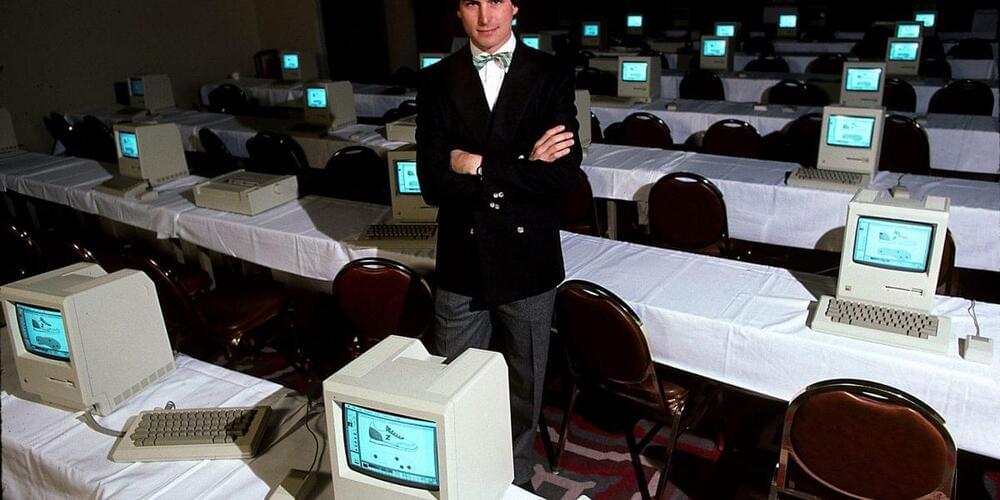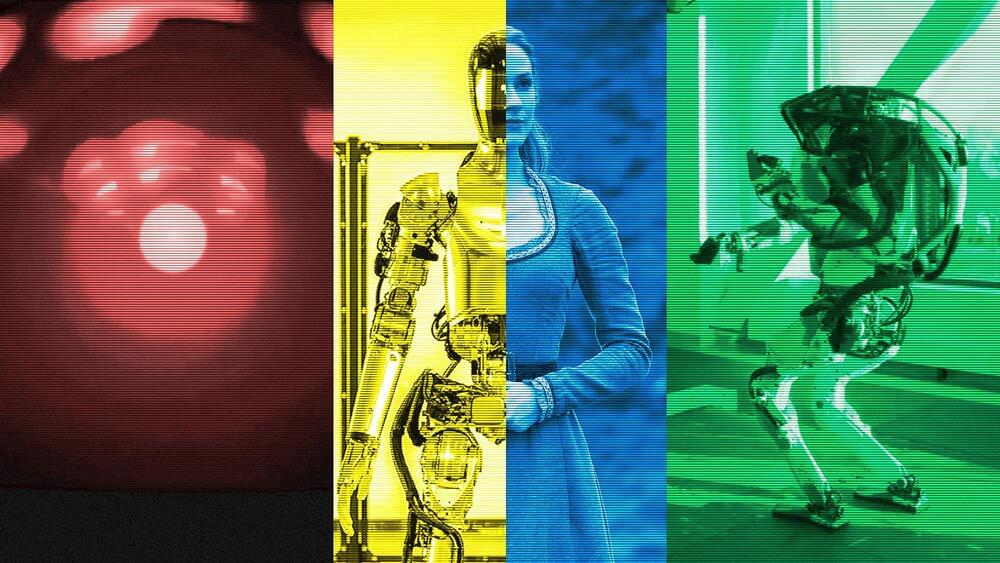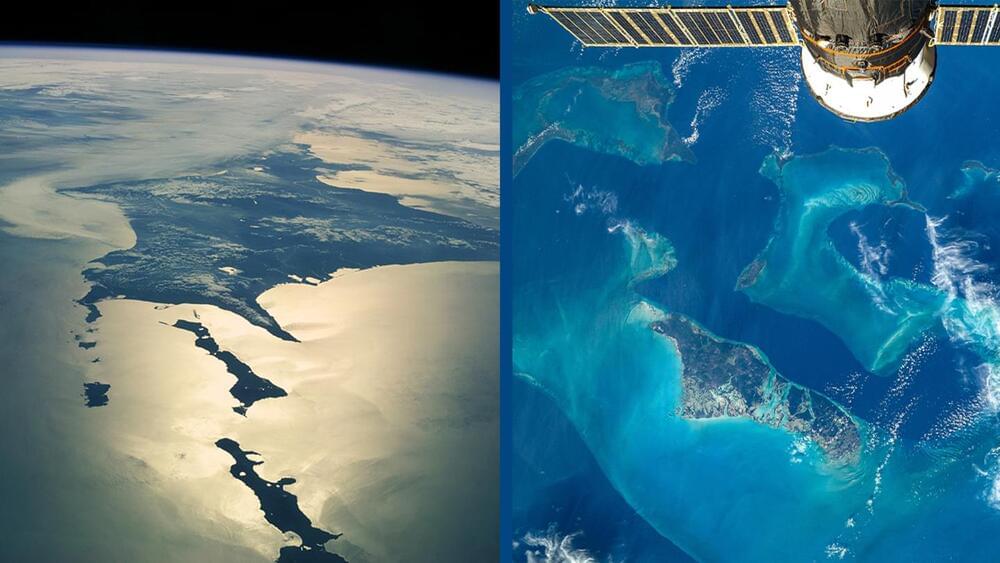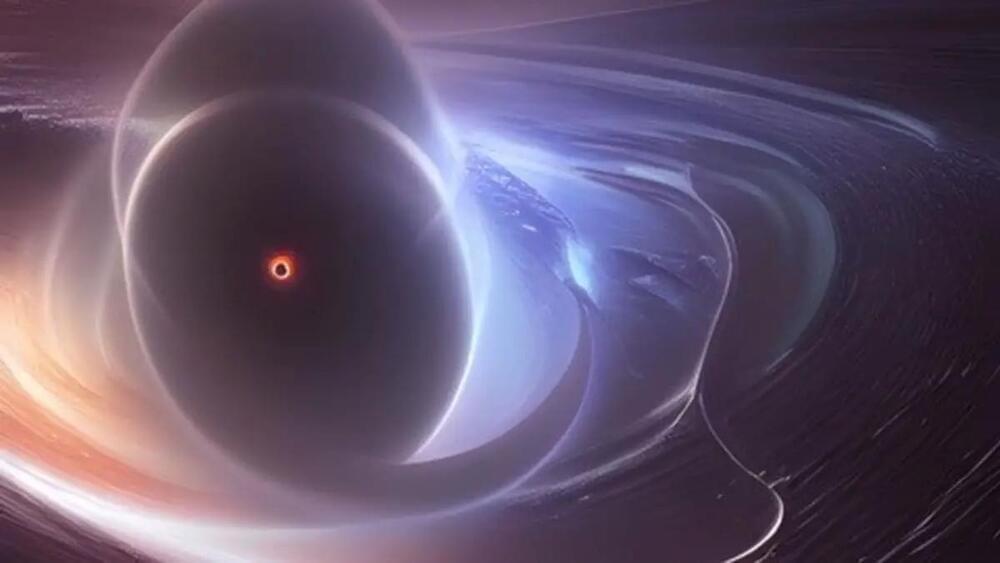
Black holes are renowned and frightening phenomena—areas characterized by infinite gravitational force, rendering escape impossible. The process of forming a black hole is relatively uncomplicated: it involves compressing a sufficient amount of mass below a specific size threshold. Once this threshold is surpassed, gravity prevails over all other forces, resulting in the creation of a black hole.
The critical threshold varies depending on the quantity of mass being condensed. For an average human, this threshold is comparable to the size of an atomic nucleus. Conversely, for the Earth, compressing its entirety into the volume of a chickpea would generate a black hole of comparable size. Similarly, for a typical star with several times the mass of the Sun, the resulting black hole would span a few miles—a dimension akin to an average city.
Interestingly, amalgamating all the matter in the universe in an attempt to create the largest possible black hole would yield a black hole roughly the size of the universe itself.


